Description
Understanding Plate Heat Exchangers
A plate heat exchanger (PHE) is a type of heat transfer device that utilizes metal plates to transfer heat between two or more fluids. These units are particularly advantageous for swimming pools, where efficient temperature control is essential for both comfort and energy savings. The design typically consists of a series of plates that are stacked together, creating alternate channels for the hot and cold fluids to pass through. The close proximity of these plates ensures optimal heat transfer, making PHEs more efficient than traditional heating systems.
The efficiency of plate heat exchangers stems from their ability to maximize surface area while minimizing the volume occupied. This compact design allows pool operators to save space, which is especially beneficial in environments where installation area is limited. Furthermore, the construction of these devices often utilizes corrosion-resistant materials, ensuring longevity and reliability. Regular maintenance is also simplified, as the units can be disassembled for thorough cleaning, which is crucial in maintaining peak performance.
In the context of swimming pools, plate heat exchangers facilitate a more economical approach to heating systems. By circulating pool water through the heat exchanger, heat is effectively transferred from the heating medium, such as a boiler or solar panels, to the pool water itself. This significantly reduces energy consumption compared to standalone heaters, which often require more energy to achieve the desired temperature. Additionally, PHEs contribute to consistent hot water circulation throughout the pool, enhancing user experience.
Overall, the science behind thermal exchange in plate heat exchangers highlights their effectiveness in managing heat transfer in pool environments. Understanding their operation and benefits can empower pool owners and operators to make informed decisions regarding their heating solutions, subsequently leading to better energy efficiency and performance.
Advantages of Plate Heat Exchangers for Pool Heating
Plate heat exchangers (PHEs) offer numerous benefits when it comes to heating swimming pools, making them an attractive option for both residential and commercial applications. One of the most significant advantages is their energy efficiency. By utilizing a compact design with a large surface area, plate heat exchangers facilitate effective heat transfer, allowing for rapid heating of pool water. This efficient mechanism significantly reduces energy consumption compared to traditional heating systems, ultimately leading to lower operational costs.
Another important aspect of plate heat exchangers is their ability to provide consistent temperature control, which is essential for maintaining a comfortable swimming environment. By ensuring effective heat transfer, these exchangers help stabilize pool temperatures, thus enhancing the user experience. In contrast to other heating methods, PHEs can also operate efficiently with a smaller volume of water, which minimizes water wastage, an essential consideration in water conservation efforts.
The integration of plate heat exchangers with renewable energy sources such as solar panels represents an important step towards sustainable pool heating solutions. By harnessing solar energy, PHEs can significantly reduce reliance on fossil fuels, lowering the carbon footprint associated with pool heating. This commitment to sustainability not only benefits the environment but can also have a positive impact on the long-term operational costs for pool owners, making PHEs a smart choice for eco-conscious individuals.
Furthermore, the compact design of plate heat exchangers allows for easier installation and maintenance, enhancing flexibility in pool heating setups. Such features are advantageous for varying pool sizes and types, making PHEs accessible to a wide range of users. Overall, the benefits of plate heat exchangers for pool heating extend beyond mere performance metrics, demonstrating their role in fostering energy efficiency, sustainability, and improved user satisfaction in swimming pools.


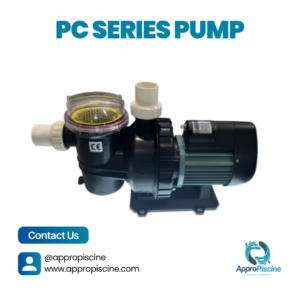
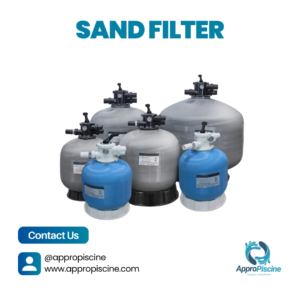
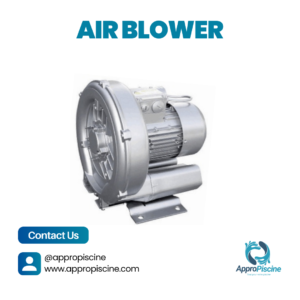
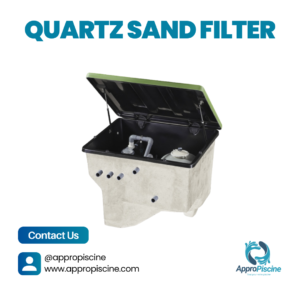
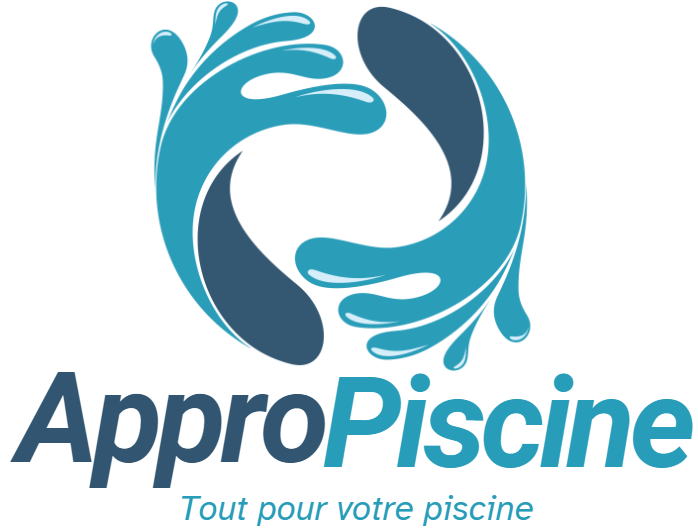
Avis
Il n’y a pas encore d’avis.